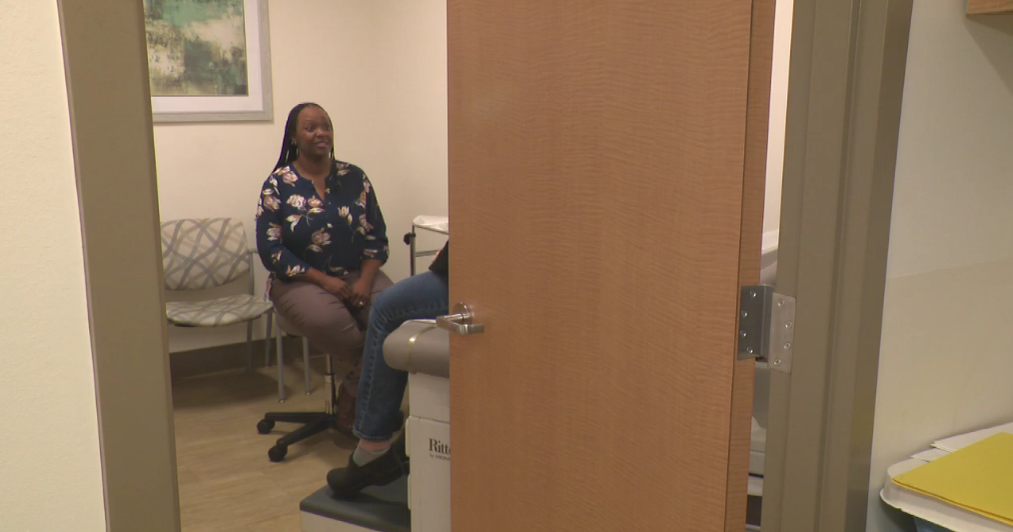Expert Explains Warning Signs Of Depression, How To Help
(CBS) -- When dealing with the aftermath of suicide, loved ones often feel they could have done more. CBS 2's Suzanne Le Mignot talked with an expert to learn about the warning signs of depression and what you can do to help someone in need.
"It's an opportunity to help somebody, but remember, ultimately, it's that person's responsibility," says Dr. Nancy Zarse.
Dr. Zarse is a licensed clinical psychologist at the Chicago School of Professional Psychology. Zarse never treated comedian and actor, Robin Williams. She's speaking in general terms only about depression and suicide. Zarse says severe depression comes with warning signs.
"Changes in sleep, in eating, in habits, irritability, energy, hygiene and it can go any of the extremes," says Dr. Zarse. "I might eat too little, I might eat too much."
Zarse says having a non-judgmental discussion when you see these signs in a person, is the best way to begin to help them.
"We underestimate that people feel intense shame about mental health issues in our country. They feel ashamed about feeling depressed. They especially feel ashamed about feeling suicidal," said Zarse.
Loved ones can do things within their control to help.
"Can I find the professional for you? Can I make the appointment for you? Can I go with you to the appointment? Because again, maybe it's scary to that person," Zarse says. "They're afraid that this is an onion and as we start peeling away the layers, there's some real pain in there."
Zarse says those dealing with depression and contemplating suicide, often feel hopeless. She says those around them need to reinforce the fact, there is hope and a situation can be overcome, by talking with friends, faith leaders or, seeking professional help.
Dr. Mark Pollack, chairman of the Department of Psychiatry at Rush, told CBS 2's Brad Edwards, "depression does not discriminate."
In Robin Williams' case, he was often open about his struggles.
"I think it's a reminder that for some people depresion can be either chronic or recurrent," said Dr. Mark Pollack, chairman of the Department of Psychiatry at Rush.
Dr. Pollack says he hopes Williams' suicide creates conversation.
"It's not a moral failing, it's a vulnerability and predisposition that we're likely born with," he said.







